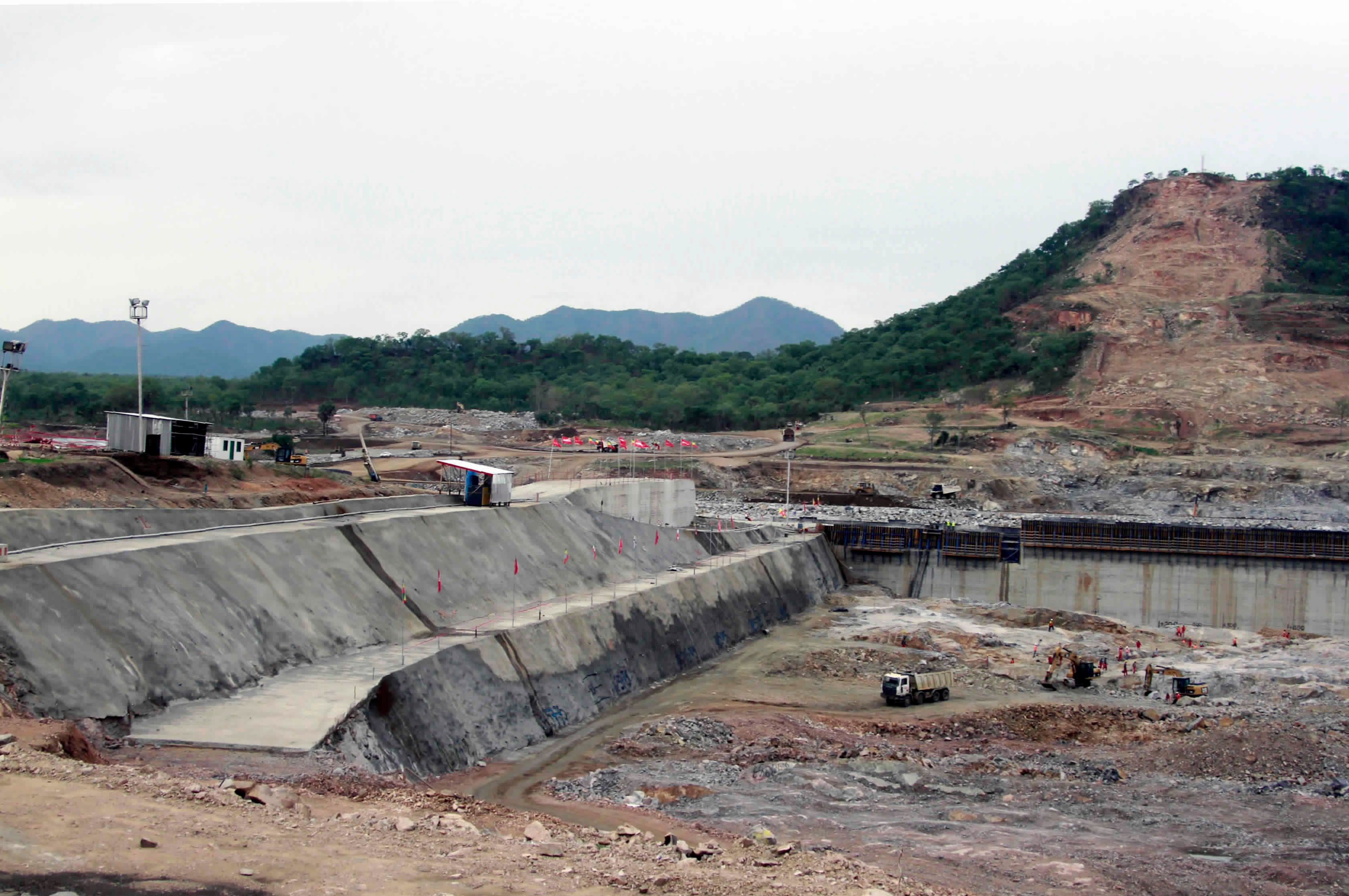Latest talks between Ethiopia, Sudan and Egypt over mega dam on the Nile end without breakthrough
The latest talks over the mega dam Ethiopia is building on the Nile River’s main tributary have broken up without an agreement

The latest talks over the mega dam that Ethiopia is building on the Nile River’s main tributary have broken up without an agreement.
The two-day talks between Ethiopia, Sudan and Egypt on the disputed Grand Ethiopian Renaissance Dam ended on Sunday night in Addis Ababa, the Ethiopian capital.
Ethiopia’s chief negotiator, Seleshi Bekele, said the countries had “exchanged constructive ideas on various outstanding issues” and added that his country remains committed to continuing the negotiations.
Egypt’s water ministry blamed Ethiopia for the failure to make a breakthrough, alleging that Addis Ababa was “opposed to any compromise.” It expressed concern and said an agreement was needed to protect Egypt’s water security and national interests.
Talks have rumbled on for years over the controversial $4.6 billion project, whose construction started in 2011. It is expected to produce over 6,000 megawatts of electricity — double Ethiopia’s current output and enough to make it a net energy exporter.
Ethiopia sees the dam as essential to its development but downstream Egypt — the Arab world’s most populous country — fears it will restrict its share of the Nile water, critical for its huge population of 100 million people.
About 85% of the river’s flow originates from the Blue Nile in Ethiopia though Egypt has received the lion’s share of the Nile’s waters under decades-old agreements dating back to the British colonial era.
Sudan, also downstream from the Blue Nile where the dam is located, wants a deal to regulate the amount of water Ethiopia will release in the event of a major drought.
Talks resumed in August after a long hiatus, with Ethiopia and Egypt hoping to reach a deal by November. Earlier this month Ethiopian Prime Minister Abiy Ahmed said the final phase in filling the dam’s reservoir had been completed.
Speaking at the United Nations General Assembly on Saturday, Egyptian Foreign Minister Sameh Shoukry said his country is already facing serious water scarcity issues and criticized Ethiopia for having embarked on the dam’s construction without consulting fellow Nile states.
Ethiopia’s Foreign Minister Demeke Mekonnen told the U.N. body on Saturday that the dam represented the “legitimate development aspirations of Ethiopians,” and asserted that it would help increase regional integration and prosperity.
On Monday, Ethiopia’s foreign ministry said Egyptian and Sudanese concerns were also “legitimate” but added that its rights need to be protected.
Bookmark popover
Removed from bookmarks